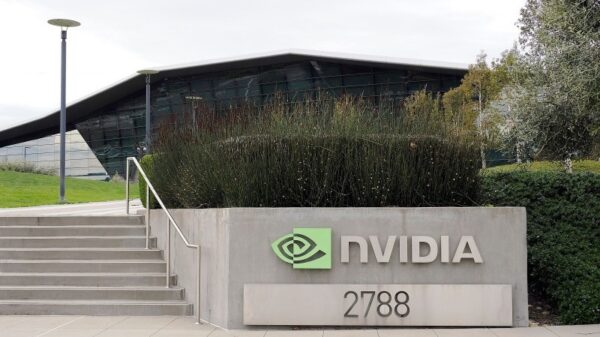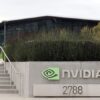Is the AI Bubble About to Burst? Insights from the Market
As financial markets show signs of volatility, questions are being raised about the sustainability of the current AI boom. Over the past four days, the S&P 500 has experienced declines, with influential investors like Peter Thiel offloading shares in high-profile companies such as Nvidia. Even Sundar Pichai, CEO of Alphabet, has noted the presence of “irrationality” in today’s AI market climate. However, it is crucial to distinguish between the financial fluctuations and the transformative technological advancements that AI promises.
The scenario mirrors the dot-com bubble of the late 1990s, where the S&P 500 plummeted by 49% over 31 months following the burst. Many analysts erroneously concluded that the internet was merely a fad. Yet, the underlying technology continued to evolve, ultimately reshaping the world as we know it. Today, AI stands as the next major general-purpose technology poised to redefine industries, irrespective of the current market downturn.
Preparing for Unprecedented AI Evolution
As leaders in the field of artificial intelligence consider the potential of AI, they must shift their focus from short-term financial metrics to long-term strategic planning. Here are three critical questions that business leaders should explore:
1. **When will your organization’s AI autonomously handle financial transactions?** During a recent session at Fortune‘s Emerging CFO program, the responses from CFOs on this topic ranged from outright skepticism to cautious optimism. One CFO noted, “Within certain guardrails, I think absolutely you’ll get there, especially on low-dollar, low-risk transactional types of things.” This indicates a growing recognition that redefining the limits of AI capabilities will be essential.
2. **Are you ready for Artificial General Intelligence (AGI)?** While there’s no universally accepted definition for AGI, it generally refers to intelligence surpassing human capability. Experts predict AGI could emerge between the late 2020s and early 2030s. As this landmark approaches, leaders will face an unprecedented challenge—managing organizations in a landscape where humans might be considered the second-smartest species, as indicated by Geoffrey Hinton, a pioneer in the field.
3. **When will we witness the rise of the one-person billion-dollar company?** This is a question that OpenAI CEO Sam Altman and his contemporaries have been contemplating for nearly two years. For them, it is not a matter of “if,” but “when.” Organizations must consider how they would compete against a solo entrepreneur wielding advanced AI tools.
These inquiries may seem far-fetched, but they are essential for future readiness. The reality is that the AI landscape will produce both winners and losers. Embracing bold, imaginative thinking will be key to navigating this new wave of innovation.
Market Reactions and Implications
The market’s current skepticism is evident as investors await earnings reports from companies like Nvidia. Insights from these reports are expected to clarify the economic fundamentals behind the AI surge amid apprehensions regarding a potential bubble. As highlighted by Fortune‘s Jim Edwards, the economic viability of AI relies heavily on whether revenues can keep pace with expenditures in the sector.
While the stock market adjusts to these uncertainties, companies should not lose sight of the technological advancements driving AI. As seen in the case of Tsinghua University, which has emerged as a leader in AI research, the foundation of AI innovation is robust and expanding. Its output of AI research papers and patents surpasses that of prestigious institutions like Harvard and MIT.
In conclusion, the current fluctuations in the market should not obscure the incredible opportunities that AI presents. Business leaders who remain vigilant and adaptive will not only weather the storm but can leverage this transformative technology to secure a competitive advantage in the future.
See also Aecom Technology Targets 15% EPS Growth; UBS Analyst Recommends Buy at $148 Price Target
Aecom Technology Targets 15% EPS Growth; UBS Analyst Recommends Buy at $148 Price Target EU Streamlines AI and Privacy Rules, Easing Data Use for Tech Firms Amid Lobbying Pressure
EU Streamlines AI and Privacy Rules, Easing Data Use for Tech Firms Amid Lobbying Pressure FAU Reveals Liquid Cooling Tech Boosting AI Data Center Efficiency by 17%
FAU Reveals Liquid Cooling Tech Boosting AI Data Center Efficiency by 17% Roadrunner Launches AI Software to Cut Missed Pickups Below 0.5% for LTL Shipping
Roadrunner Launches AI Software to Cut Missed Pickups Below 0.5% for LTL Shipping Target Invests $1B in AI and Tech to Combat Sales Declines Amid 19.3% Earnings Slide
Target Invests $1B in AI and Tech to Combat Sales Declines Amid 19.3% Earnings Slide
































































